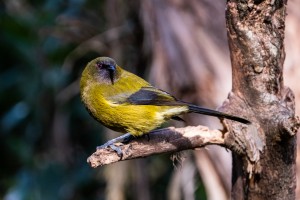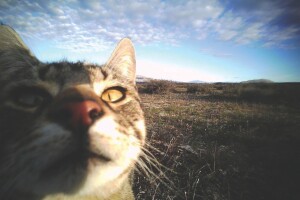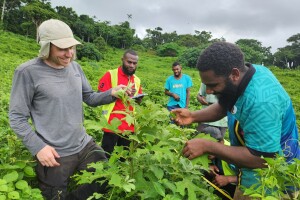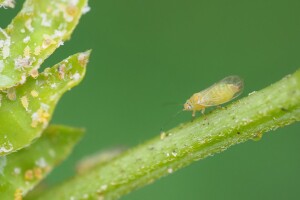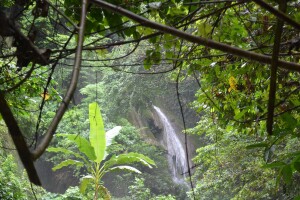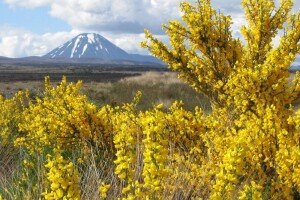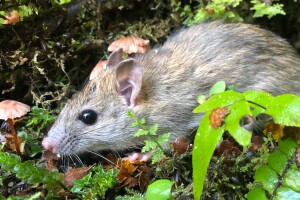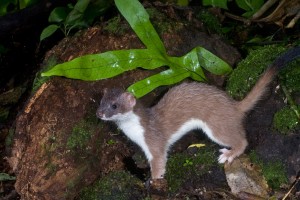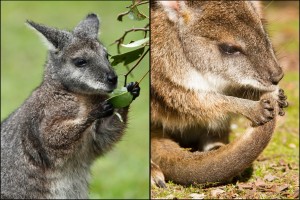Invasive species (i.e. weeds, pests, predators, and diseases) are a key pressure on Aotearoa New Zealand’s unique biodiversity and ecosystems. These pressures continue to increase because of societal (i.e. human behaviour and values) and global influences (i.e. climate change). This group underpins the management of these pressures through the assessment of biological threats at national, landscape and local scales, the identification and assessment of species’ impacts, and the development and analysis of control tools. We have national leadership expertise in vertebrate pest management, weed ecology and biocontrol and the management of diseases of, and vectored by, wildlife.
We contribute to national biosecurity through providing capability and confidence in assessing biological threats and using control tools – especially at landscape scales – for weeds, pests, predators, and diseases.
Weed control in the Pacific
Invasive alien plants are among the most important groups of invasive species affecting both the socio-economic well-being of Pacific people and the islands’ unique ecosystems. Invasive species make ecosystems and communities more vulnerable to natural disasters and the impacts of climate change.
Group Principal Researcher

Dean Anderson
Science Team Leaders

Angela Bownes


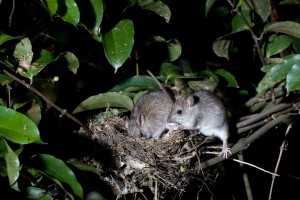
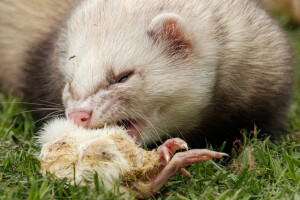
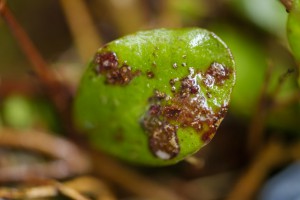
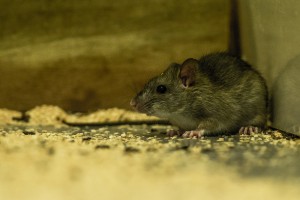
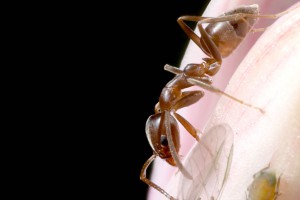
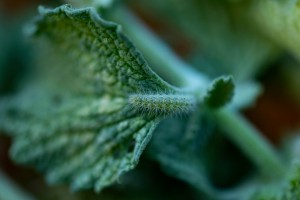
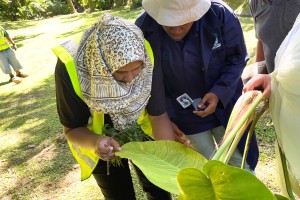
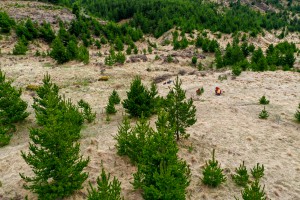
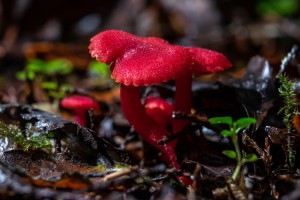
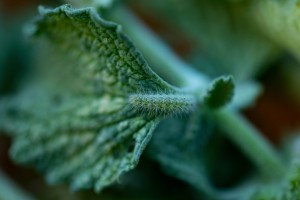
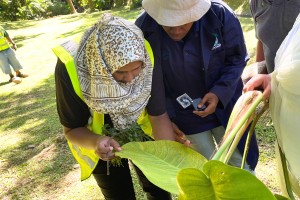
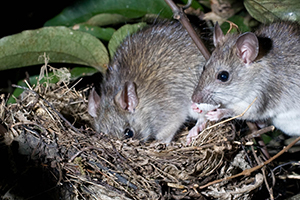
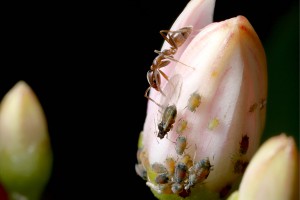 Invasive invertebrates
Invasive invertebrates